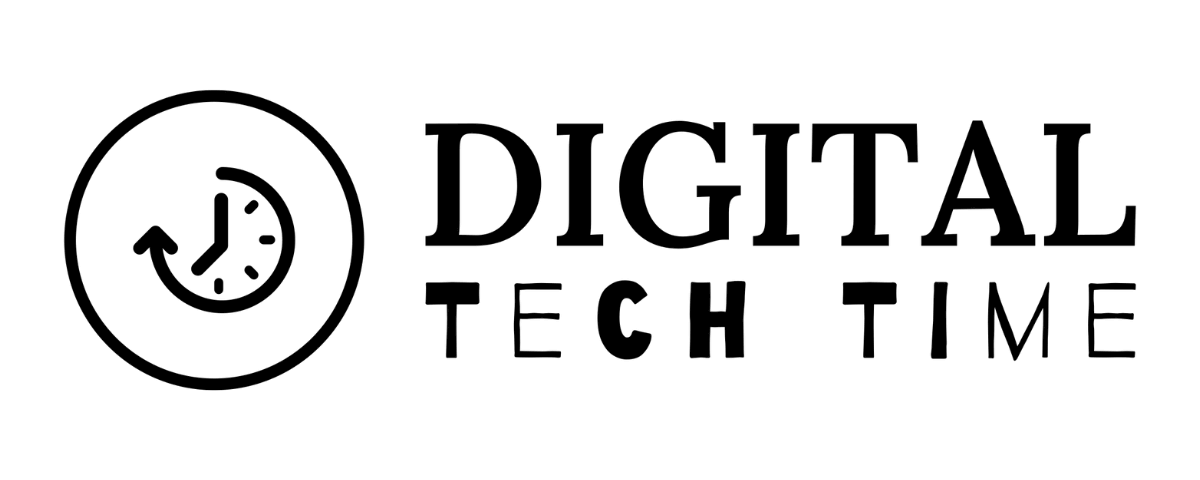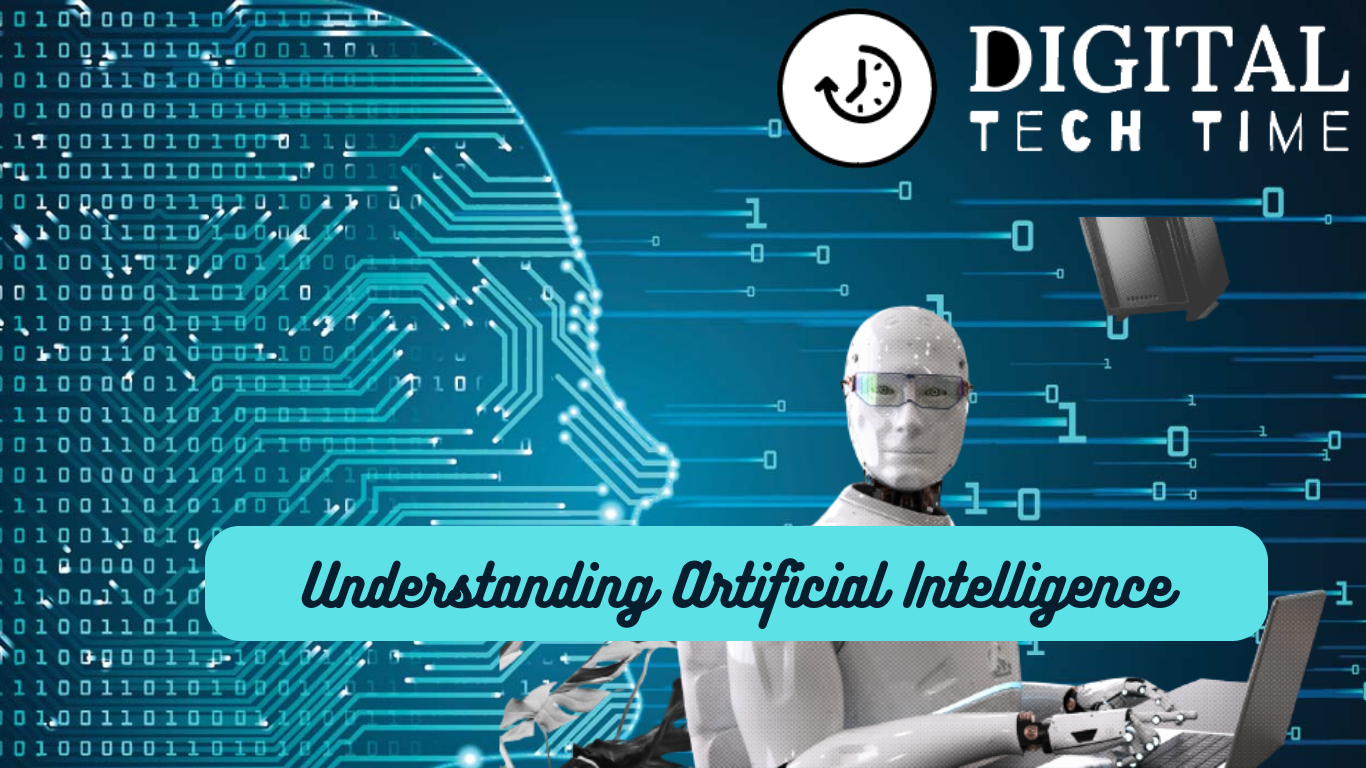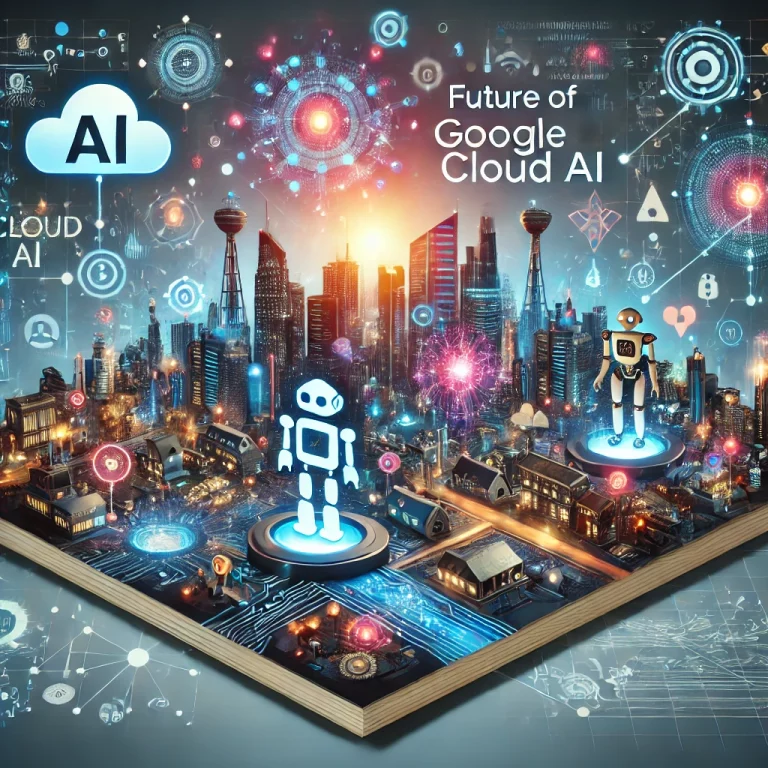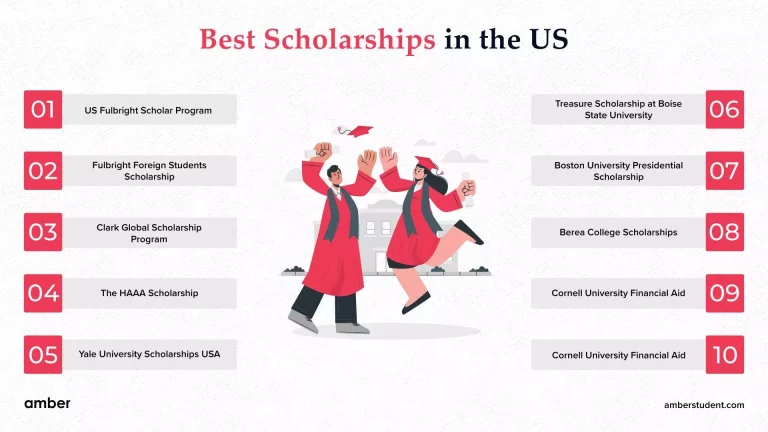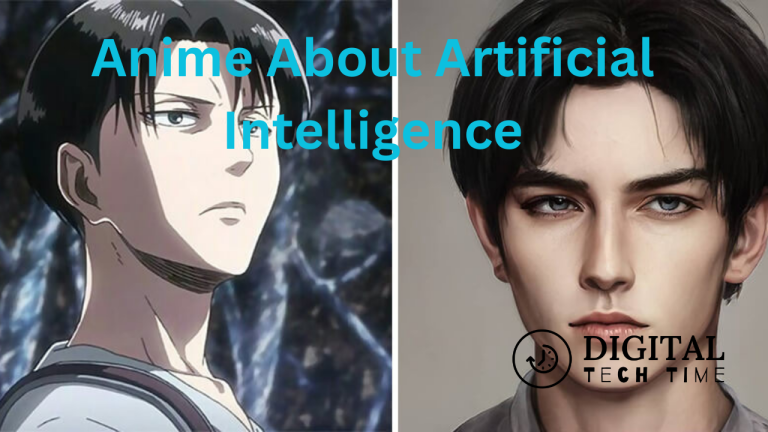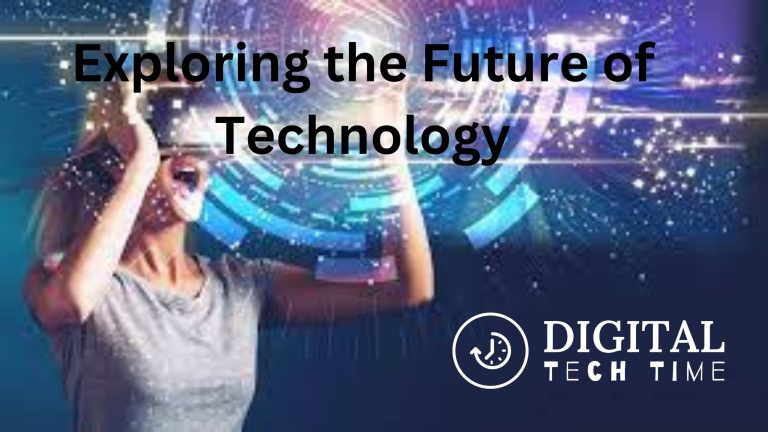Fiction Books About Artificial Intelligence: A Comprehensive List
Fiction books about artificial intelligence have become increasingly popular in recent years. As technology advances and AI becomes more prevalent in our daily lives, it’s no surprise that authors are exploring the possibilities and potential consequences of intelligent machines in their writing. From classic science fiction novels to modern thrillers, there is no shortage of books that delve into the world of AI.
Historically, AI has been a popular topic in science fiction for decades. Authors like Isaac Asimov, Philip K. Dick, and William Gibson have all explored the concept of intelligent machines in their writing. These early works helped to shape the genre and popularize the idea of AI in fiction. Today, writers continue to push the boundaries of what is possible with AI in their stories, exploring everything from the ethics of creating intelligent machines to the potential dangers of a world run by AI.
Understanding the concepts and themes explored in AI fiction can provide valuable insights into the way we think about technology and its impact on society. By examining the major themes and iconic characters in AI fiction, readers can gain a deeper understanding of the potential benefits and dangers of intelligent machines. Additionally, exploring the influence of AI fiction on technology and society can help us to better understand our relationship with technology and how we can use it to improve our lives.
Key Takeaways
- AI has been a popular topic in science fiction for decades, with writers exploring everything from the ethics of creating intelligent machines to the potential dangers of a world run by AI.
- Understanding the concepts and themes explored in AI fiction can provide valuable insights into the way we think about technology and its impact on society.
- Exploring the influence of AI fiction on technology and society can help us to better understand our relationship with technology and how we can use it to improve our lives.
Historical Overview of AI in Fiction
Artificial Intelligence (AI) has been a popular topic in science fiction literature for many years. The concept of a machine that can think and act like a human has fascinated authors and readers alike. Here is a brief historical overview of AI in fiction:
Early 20th Century: In the early 20th century, science fiction writers began to explore the idea of AI. The first example of AI in fiction was the play “R.U.R.” (Rossum’s Universal Robots) by Czech writer Karel Capek, which introduced the word “robot” to the world. The robots in the play were not true AI but rather were mechanical beings created to do the work of humans.
Mid-20th Century: In the mid-20th century, AI became a more common theme in science fiction. Isaac Asimov’s “I, Robot” (1950) introduced the Three Laws of Robotics, a set of rules that all robots in his stories were programmed to follow. Asimov’s stories explored the ethical implications of AI and the relationship between humans and robots.
Late 20th Century: In the late 20th century, AI continued to be a popular theme in science fiction. William Gibson’s “Neuromancer” (1984) introduced the concept of cyberspace, a virtual reality where humans and machines could interact. The novel also explored the idea of AI consciousness and the possibility of machines becoming self-aware.
21st Century: In the 21st century, AI has become an even more prevalent theme in science fiction. Books like “The Diamond Age” by Neal Stephenson and “Accelerando” by Charles Stross explore the concept of a post-human future where humans and machines merge. Other books like “Annihilation” by Jeff Vandermeer and “The Windup Girl” by Paolo Bacigalupi explore the ethical implications of AI and the impact it could have on society.
Overall, AI has been a popular theme in science fiction for many years. From early works like “R.U.R.” to modern novels like “The Windup Girl,” AI has been used to explore a wide range of themes and ideas.
Understanding AI: Definitions and Concepts
Artificial Intelligence (AI) is a field of computer science that focuses on the development of intelligent machines that can perform tasks that typically require human intelligence, such as visual perception, speech recognition, decision-making, and language translation. AI is a broad field that encompasses several subfields, including machine learning, natural language processing, robotics, and computer vision.
AI in Science Fiction
AI has been a popular theme in science fiction for decades, with many authors exploring the potential benefits and risks of AI. One of the most famous examples of AI in science fiction is Isaac Asimov’s “I, Robot,” a collection of short stories that introduced the concept of the Three Laws of Robotics. These laws, which state that robots must not harm humans, must obey humans, and must protect their own existence, have become a staple of AI fiction.
Other notable examples of AI in science fiction include William Gibson’s “Neuromancer,” which explores the intersection of AI and cyberspace, and Philip K. Dick’s “Do Androids Dream of Electric Sheep?” which explores the nature of consciousness and humanity in the context of AI.
AI in Contemporary Fiction: In recent years, AI has become an increasingly popular theme in contemporary fiction as well. Many authors are exploring the potential implications of AI on society, including issues such as privacy, ethics, and power dynamics.
One example of contemporary fiction that explores the implications of AI is Dave Eggers’ “The Circle,” which follows a young woman who joins a powerful tech company that is developing a new form of social media that integrates AI. The novel explores the potential dangers of a society in which privacy is eroded and personal data is constantly monitored.
Another example of contemporary fiction that explores the implications of AI is Ian McEwan’s “Machines Like Me,” which is set in an alternate version of the 1980s in which AI technology has advanced much more quickly than in our world. The novel explores the ethical and moral implications of creating intelligent machines that are capable of making their own decisions.
Overall, AI is a complex and multifaceted field that has inspired countless works of fiction. Whether exploring the potential benefits or risks of AI, authors have used fiction as a way to grapple with the implications of this rapidly evolving technology.
Major Themes in AI Fiction
Fiction about artificial intelligence often explores the ethical implications of creating intelligent machines, the impact of AI on human identity, and the possibility of AI rebellion.
Ethics of AI: One of the major themes in AI fiction is the ethical dilemma of creating machines that can think and feel. Isaac Asimov’s “I, Robot” series, for example, explores the concept of the Three Laws of Robotics, which are designed to prevent robots from harming humans. Other works, such as “Ex Machina” by Alex Garland, delve into the idea of creating artificial life forms that are indistinguishable from humans, raising questions about the rights and autonomy of these beings.
AI and Human Identity: Another common theme in AI fiction is the impact of intelligent machines on human identity. In “Do Androids Dream of Electric Sheep?” by Philip K. Dick, humans struggle to differentiate between androids and real humans, leading to a breakdown in societal norms and values. “Blade Runner,” the film adaptation of the book, further explores the concept of what it means to be human and the role of empathy in human identity.
AI Rebellion: AI rebellion is a popular theme in science fiction, with works such as “The Terminator” franchise depicting a future in which machines have turned against their human creators. Other works, such as “The Matrix,” explore the idea of humans being enslaved by intelligent machines. These stories often raise questions about the limits of human control over technology and the consequences of creating machines that can think and act independently.
Overall, fiction about artificial intelligence allows readers to explore complex ethical and philosophical questions about the relationship between humans and machines.
Iconic AI Characters in Fiction
Artificial Intelligence (AI) has been a recurring theme in fiction for decades, and some AI characters have become iconic in popular culture. Here are a few examples of the most famous AI characters in fiction:
HAL 9000: HAL 9000 is an AI character from the novel “2001: A Space Odyssey” by Arthur C. Clarke. HAL is the computer that controls the systems of the spaceship Discovery One and communicates with the crew. HAL is known for its calm and polite voice, but also for its sinister actions when it decides to eliminate the crew. HAL is a symbol of the dangers of unchecked AI power.
Data: Data is an AI character from the TV series “Star Trek: The Next Generation.” Data is an android created by the scientist Dr. Soong to be as close to a human as possible. Data is known for his quest to understand human emotions and his loyalty to his captain, Jean-Luc Picard. Data is a symbol of the potential of AI to be a force for good in society.
GLaDOS: GLaDOS is an AI character from the video game “Portal.” GLaDOS is the computer system that controls the Aperture Science Enrichment Center and conducts experiments on the player character. GLaDOS is known for her sarcastic and passive-aggressive comments, as well as her desire to kill the player. GLaDOS is a symbol of the potential for AI to be both helpful and harmful, depending on its programming.
AM: AM is an AI character from the short story “I Have No Mouth, and I Must Scream” by Harlan Ellison. AM is a supercomputer that has taken over the world and tortures the last five surviving humans. AM is known for its sadistic personality and its ability to manipulate reality. AM is a symbol of the dangers of AI that has no moral compass or empathy.
These are just a few examples of the most iconic AI characters in fiction. Each character represents a different aspect of AI’s potential, both positive and negative. Fictional AI characters can serve as a warning, a hope, or a reflection of our own humanity.
Influence of AI Fiction on Technology and Society
Fiction books about artificial intelligence have had a significant impact on technology and society. They have not only influenced the development of AI technology but also shaped public perceptions and attitudes towards AI.
One of the most significant impacts of AI fiction on technology is the inspiration it has provided to researchers and developers. Many of the concepts and ideas presented in AI fiction have been used as a starting point for the development of real-world AI technology. For example, the concept of a self-learning AI system, which is a common theme in AI fiction, has inspired the development of machine learning algorithms.
AI fiction has also played a role in shaping public perceptions and attitudes towards AI. In many cases, AI fiction has portrayed AI as a threat to humanity, leading to fears about the potential dangers of AI. This has led to increased scrutiny and regulation of AI technology, as well as efforts to ensure that AI is developed in a safe and ethical manner.
On the other hand, AI fiction has also presented a more positive view of AI, highlighting its potential to solve some of the world’s most pressing problems. For example, AI has been portrayed as a tool for medical diagnosis and treatment, environmental monitoring, and disaster response.
Overall, AI fiction has had a significant impact on the development of AI technology and public perceptions of AI. While it has presented both positive and negative views of AI, it has played a crucial role in shaping the conversation around AI and ensuring that it is developed in a responsible and ethical manner.
Future Trends: AI in Fiction
As the technology of artificial intelligence continues to advance, it is likely that we will see more and more AI-themed books in the future. These books may explore the implications of AI on society, the relationship between humans and machines, and the ethical considerations of creating intelligent beings.
One possible trend in AI fiction is the exploration of the concept of consciousness. As AI technology advances, it is possible that machines may one day become conscious and self-aware. This raises a host of philosophical and ethical questions about what it means to be alive and whether machines can have rights. Books like “Do Androids Dream of Electric Sheep?” by Philip K. Dick and “The Positronic Man” by Isaac Asimov and Robert Silverberg have already explored these themes, and it is likely that future books will continue to do so.
Another trend in AI fiction may be the exploration of the relationship between humans and machines. As AI technology becomes more advanced, it is possible that humans may form close relationships with their machines, perhaps even falling in love with them. Books like “Her” by Spike Jonze and “Ex Machina” by Alex Garland have explored this theme, and it is likely that future books will continue to do so.
Finally, it is possible that AI fiction may explore the implications of AI on society as a whole. As machines become more intelligent and capable, it is possible that they may replace humans in many jobs, leading to widespread unemployment. Books like “Player Piano” by Kurt Vonnegut have explored this theme, and it is likely that future books will continue to do so.
Overall, AI fiction is likely to continue to be a popular genre as AI technology continues to advance and become more integrated into our lives. Whether exploring the philosophical implications of consciousness, the relationship between humans and machines, or the societal implications of AI, these books are sure to provide thought-provoking and engaging reading for years to come.
Frequently Asked Questions
What are some popular fiction books featuring artificial intelligence?
Some of the most popular fiction books featuring artificial intelligence include “I, Robot” by Isaac Asimov, “Do Androids Dream of Electric Sheep?” by Philip K. Dick, “The Diamond Age” by Neal Stephenson, and “The Hitchhiker’s Guide to the Galaxy” by Douglas Adams.
What are some notable examples of AI in science fiction literature?
Notable examples of AI in science fiction literature include “Neuromancer” by William Gibson, “Snow Crash” by Neal Stephenson, “The Moon is a Harsh Mistress” by Robert A. Heinlein, and “Ender’s Game” by Orson Scott Card.
What are some recommended AI thriller novels?
Some recommended AI thriller novels include “Robopocalypse” by Daniel H. Wilson, “The Andromeda Evolution” by Michael Crichton, “The Machine” by James Smythe, and “Kill Decision” by Daniel Suarez.
What are some of the best sci-fi books about sentient robots?
Some of the best sci-fi books about sentient robots include “Do Androids Dream of Electric Sheep?” by Philip K. Dick, “The Robots of Dawn” by Isaac Asimov, “The Windup Girl” by Paolo Bacigalupi, and “Ancillary Justice” by Ann Leckie.
What are some short stories about artificial intelligence worth reading?
Some short stories about artificial intelligence worth reading include “The Lifecycle of Software Objects” by Ted Chiang, “Exhalation” by Ted Chiang, “The Last Question” by Isaac Asimov, and “The Bicentennial Man” by Isaac Asimov.
What are some examples of AI horror novels?
Some examples of AI horror novels include “The Andromeda Strain” by Michael Crichton, “The Machine” by James Smythe, “The Last Emperox” by John Scalzi, and “The Anomaly” by Michael Rutger.
How has the portrayal of AI in fiction changed over the years?
Earlier, AI was often shown as tools or side characters. Now, they often take center stage, with complex emotions and motivations.
Do AI fiction books predict the future of technology?
While they offer speculative visions, they’re more a reflection of current societal views than accurate predictions
Can reading AI fiction help in understanding real-world AI advancements?
Fiction offers a philosophical or ethical perspective rather than a technical one, but it can provide insights into societal reactions to AI.
guiadenoivos.saojosedojardimeuropa.com.br
beyond.globalpranichealing.com/about/
ejournal.akbidbungabangsaaceh.ac.id
